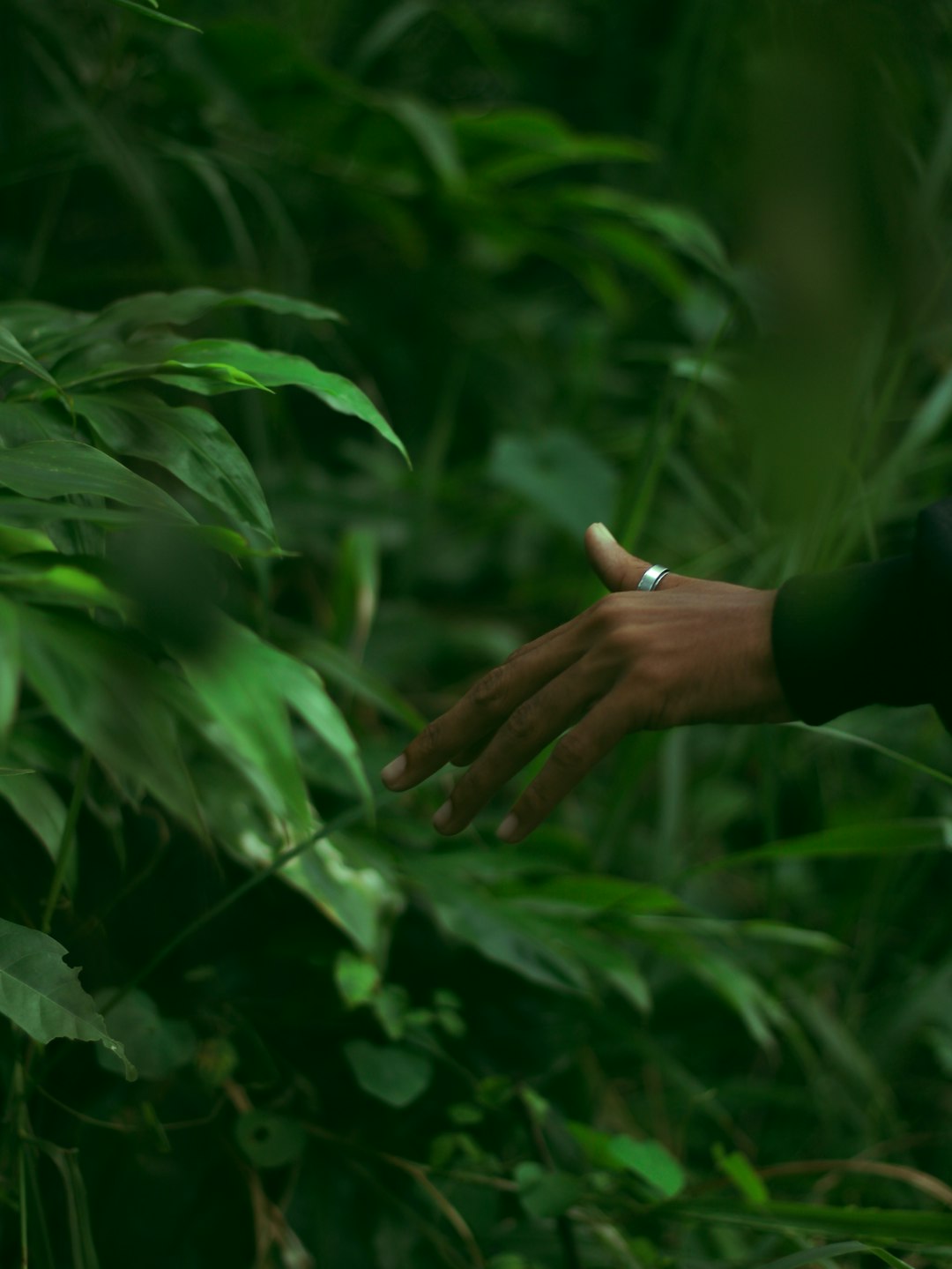Thailand's Flip-Flop on Weed: Who Really Wins When Cannabis Gets Banned Again?
The news that Thailand is set to make non-medical weed illegal—again—after a short-lived fling with cannabis liberalization has sent shockwaves through the global discussion on drug policy. But the story unfolding in Thailand is about far more than just marijuana. It’s a microcosm of deeper battles: freedom versus control, modernity versus tradition, political pragmatism versus cultural transformation. And underneath it all lies one driving question: Who truly benefits, and who loses, when weed laws swing back to repression?
The Ping-Pong Politics of Pot: Background and Reversal
In 2022, Thailand became the first Asian nation to decriminalize cannabis almost overnight. Cafés, dispensaries, and “weed tours” erupted across tourist hotspots from Bangkok to Phuket. Suddenly, what was taboo became a badge of progressiveness—or so it seemed.
But the political honeymoon was short. Fierce backlash brewed—from conservative lawmakers, religious authorities, and alarmed parents. Now, after months of coalition crises and policy paralysis, the government has made its intentions clear: weed will be medical only; all else falls on the wrong side of the law.
Competing Perspectives: Who Wants What, and Why?
Let’s break down the main camps in this societal tug-of-war:
| Perspective | Core Arguments | Stakeholders | Notable Quotes |
|---|---|---|---|
| Pro-Legalization | Economic boost, tourists, personal liberty, medical benefits | Entrepreneurs, tourists, young Thais, farmers | “Cannabis is an opportunity for Thailand to lead, not lag behind.” |
| Anti-Legalization | Social harm, youth protection, moral values, international reputation | Religious groups, older Thais, health professionals, ruling conservatives | “We must protect our children from a social disaster.” |
| Medical Only | Controlled access for patients, minimize abuse, international compromise | Doctors, pharmaceutical sector, policy moderates | “Medicine, not recreation, must be the goal.” |
Ethical and Social Dilemmas: Will Banning Weed Help or Hurt Thailand?
1. Economic Upside vs. Moral Panic
Cannabis, when unshackled, poured much-needed cash into local economies—especially post-COVID. Small farmers switched crops, city kids launched start-ups, and tourists flocked for the “green rush.”
But opponents fear an “epidemic of laziness, addiction, and moral decay.” Is this panic based on evidence, or is it just a modern version of reefer madness?
2. Control vs. Freedom
The move to re-criminalize non-medical use highlights Asia’s larger theme: state authority over personal autonomy.
- Is government overreach justified if it claims to protect public health?
- Or is this a violation of human rights, as proponents claim?
Table: Thailand vs. Global Cannabis Trends
| Country | Legal Status (2024) | Economic Impact | Social Controversy |
|---|---|---|---|
| Thailand | (Soon-to-be) Medical Only | Strong initial growth, now uncertain | Highly divisive, rapid policy shifts |
| Canada | Recreational & Medical Legal | Billions in revenue | Mainstream acceptance, ongoing regulation tweeks |
| Singapore | Strict Prohibition | None | Little public debate, harsh penalties |
| US (varies by state) | Mixed; many recreationally legal | Huge legal market, reduced illegal trade | Federal-state conflict, generational divisions |
Surprising Facts & Public Perceptions
- Public Divide: Polls show Thai society is split; youth are overwhelmingly pro-legalization, elders deeply skeptical.
- Tourism Loyalty: International travelers flocked to Thailand specifically for its relaxed cannabis laws—now, industry insiders predict a rapid “weed exodus” to more open destinations.
- Cultural Irony: Cannabis has been used in Thai traditional medicine for centuries, even as modern laws demonize it.
Quote from a Bangkok Dispensary Owner:
“We invested everything. They told us it was the future. Now, we have to destroy our product or risk jail. It feels like we’re pawns in their political chess game.”
Broader Trends: The World Watches, Learns, and Decides
Thailand’s cannabis flip-flop captures a global tension:
- Will Asian countries embrace reform, or double down on the “war on drugs”?
- How much should tradition dictate tomorrow’s laws?
- Is cannabis a scapegoat for deeper political failures?
In the end, the Thai government may be making a shrewd short-term political calculation. But it comes at a cost—to innovation, economic recovery, and social trust.
Which side will history favor—the fear-driven re-criminalization, or the visionaries who saw cannabis as a ticket to a freer, richer, and more innovative future?

Comments
No comments yet. Be the first to comment!